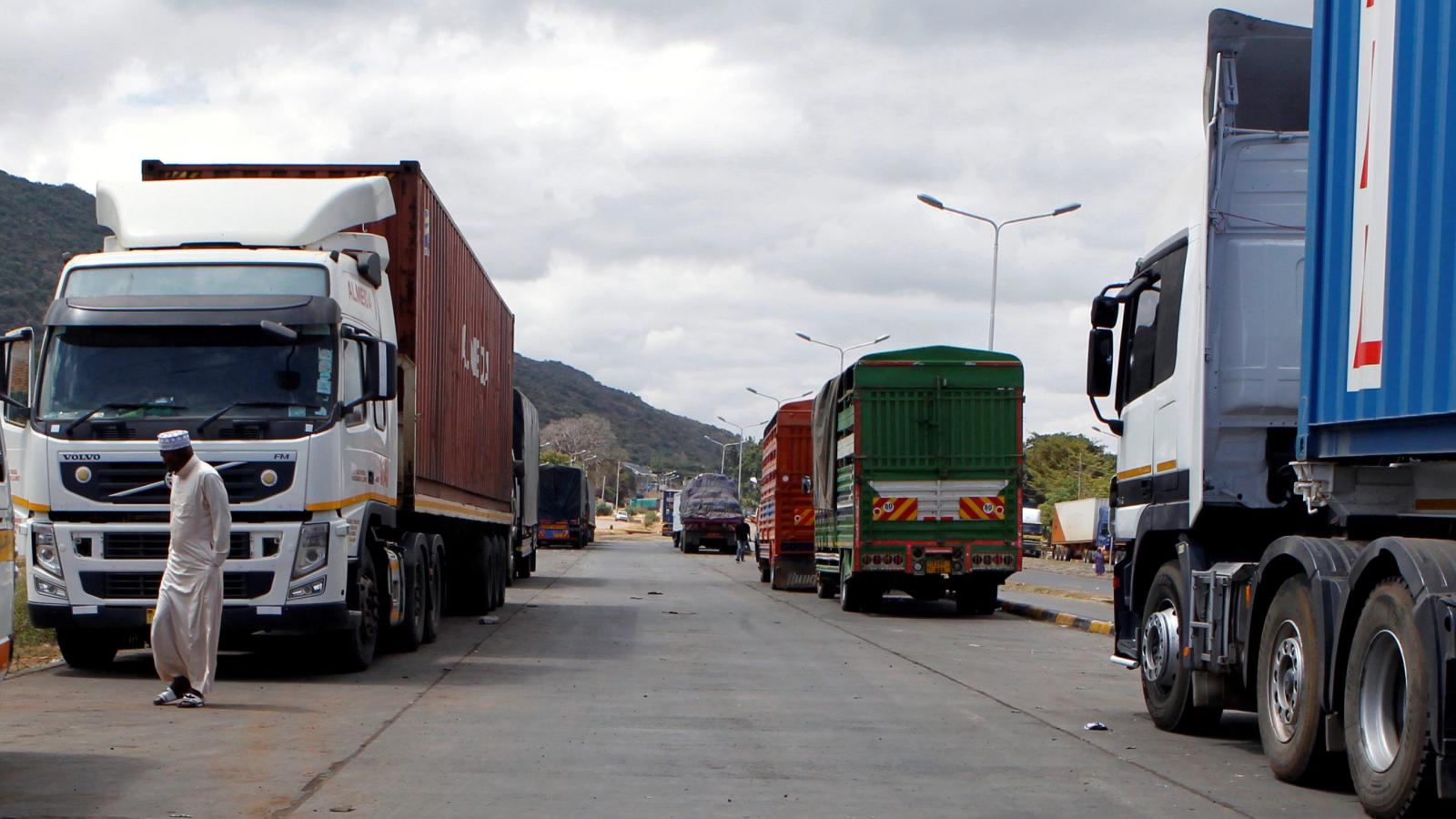East African states move to contain COVID-19 cross border infections

By Fauxile Kibet
As the coronavirus pandemic continues to spread across the globe, East African countries have put in place a series of steps to stop the spread of the virus across the region.
Globally, the virus has infected over 3 million people with 211,658 people having lost their lives and 923,021 having recovered from the disease.
In Africa, 33,273 cases have been recorded with 1467 patients succumbing to the virus and 10,091 persons having fully recovered.
East African states, which are among nations affected by the pandemic have instituted measures such as ban on inter-country and cross-country travels as they race against time to contain the virus – which has had great economic and social impacts.
Common practices such as worship and social ceremonies have since been suspended with Muslims – who are currently in their holy month of Ramadan being barred from gathering in Mosques for regular prayers.
Muslim clerics in Somalia, Including Sheikh Mohamed Umal have however encouraged people to protect themselves and seek medical advice if they feel sick and at the same time reassured people worried over the alcohol content in hand sanitizers.
Countries in East Africa have so far also put in place stringent cargo movement after four Tanzanian truck drivers tested positive for the virus as countries in the region continue to register a steady increase in COVID-19 infections.
CROSS-BORDER TESTING
Rwandan Health Ministry said that the increase in cases of the virus in the country was related to a rise in cases of cross-border truck drivers.
Kenyan and Rwanda authorities in a statement issued last week announced a raft of measures that logistics companies moving cargo across borders must adhere to.
East African countries had initially closed borders at entry points for incoming and outgoing travel but the measures had negative impacts on the countries’ economies hence necessitating measures that will allow movement of essential goods – so as not to collapse the economy of the region.
The Kenya Revenue Authority (KRA) on April 24th issued a statement saying it will use technology in ensuring that services to importers and exporters were not interrupted – even as the country fights the COVID-19 pandemic.
“All customs related inquiries and applications will be processed online. This aims at minimizing physical contact and ensuring faster resolution of issues,” the statement read in part.
The body encouraged importers and exporters to submit their clearance documents earlier before the cargo arrives at the border in a bid to mitigate delays.
Also, the KRA noted that the drivers will only stop at designated points in order to limit their interaction with the public which could lead to the spread of COVID-19.
The Rwandan Revenue Authority (RRA) also issued a similar statement insisting on online communication which they said was aimed at limiting physical contact and hence reduce the transmission of COVID-19.
“Starting April 27, transporters who shall have two truck drivers (one from the point of departure and a second driver based on Rwandan territory), shall be allowed to proceed to final destination after fulfilling the health guidelines, RRA said.
According to the RRA, transit cargo should be escorted upon entry into Rwanda to the final destination and truck drivers will only stop at designated points. All customs services shall be availed at the entry borders.
Uganda on its part has proposed to have an interchange of drivers at the point of entry after the truck is fumigated and the drivers adhering to health guidelines.
Uganda’s national task force in the fight against COVID-19 in a meeting last week said a truck driver is required to have and use personal protective equipment and sanitizers.
The taskforce added that freight forwarders shall commit to paying for testing kits and added that modalities for the payment will be worked out between the private sector and the ministry of health.
Regional ministers in charge of health and East African affairs in a meeting on March 25, urged member states to facilitate free movements of goods and services. The East African Community brings together Rwanda, Uganda, Burundi, Kenya, Tanzania and South Sudan.
The ministers urged cargo transporters to follow the set national guidelines against the spread of COVID-19.
LONG TAILBACKS
However, amidst these measures, truck drivers at the Kenya-Uganda border have complained of long tailbacks as both nations carry out mandatory coronavirus testing for them.
Local media have reported very long queues on the Kenyan side as long as 30 kilometers. The border towns of Busia and Malaba where the most congestion was reported are crucial routes for the transport of goods in and out of the two countries – which are each other’s biggest trading partner.
“I haven’t gone home for almost a month now, I’ve been stuck on this road,” Lorry driver Ali Mohammed said while speaking to journalists.
Lori, an e-logistics company with a presence across East Africa, says it’s taking precautions to protect its drivers—handing out masks, gloves and hand sanitizers.
But while it acknowledges the risk truck drivers might pose in spreading Covid-19 as they transport essential goods across the region, Lori executives note excess government restrictions could be detrimental to East African economies and communities.
“We are concerned about the effect if governments impose very challenging restrictions that could impact the ability to move essential goods around the region,” said Josh Sandler, Lori’s chief executive told journalists.
Adding, “It could become catastrophic if essential goods cannot get from place to place.”